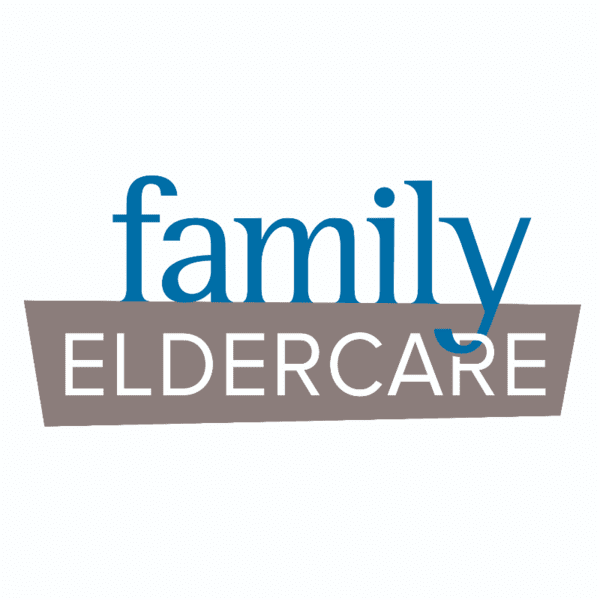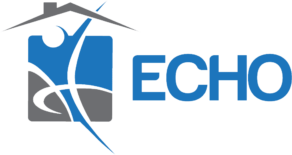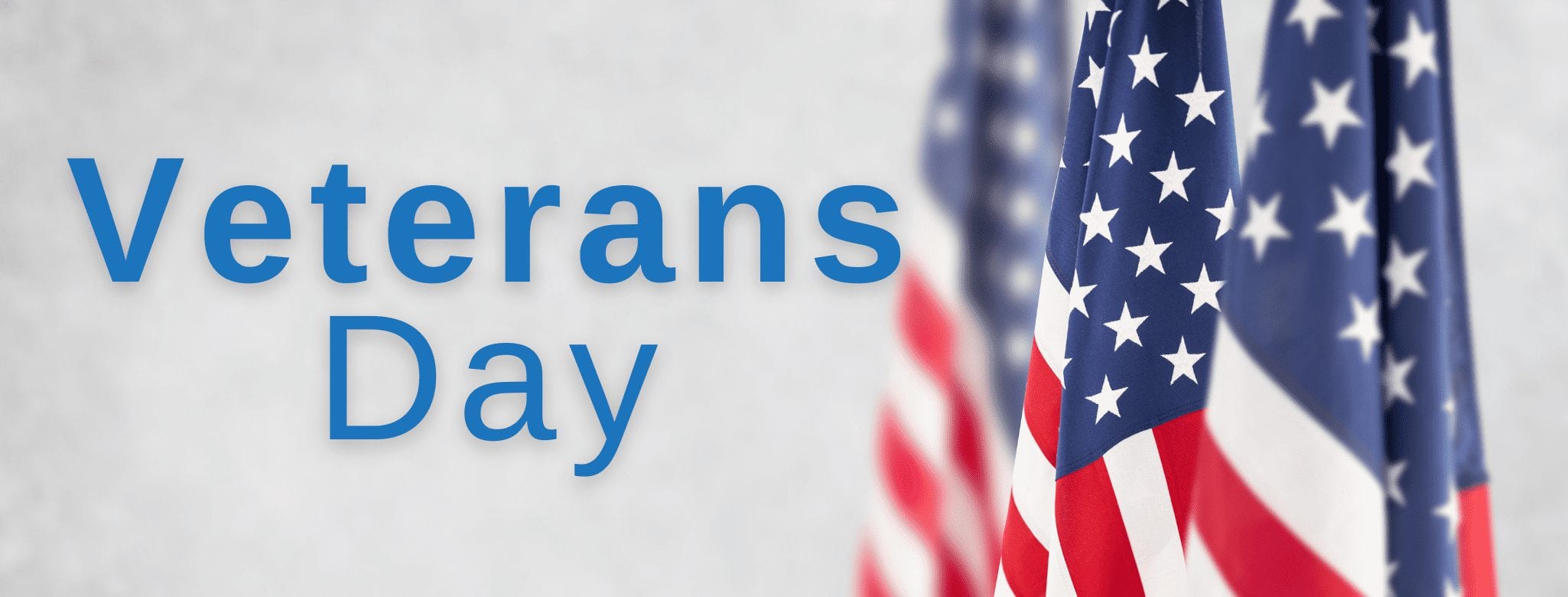On this Veterans Day, don’t thank a Veteran for their service. Instead ask them, “You good?”
By Dylan Lowery, Housing Stability Case Manager, Family Eldercare
A 2011 Pew Research Center report found that Americans have little or no understanding of the problems faced by those in the military. I wonder how much further the understanding gap widens when Americans are asked, “How has COVID-19 affected Veterans?”
When I ask “You good?” as a housing stability provider for at-risk and formerly homeless Veterans, I hear the stories of struggles that were rough even before the pandemic. Now it is far worse, of course, and the Veterans I serve cannot escape the all-consuming thoughts of unpaid bills, maxed out credit cards, the car headed for repossession, or when will they ever get back to work. When you ask the Veterans in your life this question, they may tell you that they are trying for any job at this point, but that they are afraid of getting sick, or as one Veteran starkly put it to me, “Man, I feel like we are sheep being sent out to slaughter.” They may tell you that civilian life has always been isolating but now with COVID-19 they have never felt more alone. They may tell you they are slipping into depression, anxiety, having thoughts of suicide. They may admit to unhealthy coping mechanisms to deal with it all— so please make sure you remind them help is out there if they share that with you, and then keep checking in on the Veterans in your life. If they aren’t too proud, they may ask for help with some food. I would advise you to bring them a hot meal even if they don’t request your help. You can also support a local Veteran-owned business like Con Madre Kitchen and bring them tacos.

The emerging data is beginning to tell us the resource needs of Veterans during the pandemic. Polling done by Syracuse University Institute for Veterans and Military Families finds that medical care is their number one reported need, followed by community support, benefits, and financial assistance. I would say this reflects our own service learning at Family Eldercare. As I mentioned, we are providing housing stability case management for formerly homeless Veterans and Veterans at-risk of homelessness. This is a new program supported by the VA, and we are one of only two providers in the entire state of Texas to offer it. Family Eldercare is here to build our Veterans well-being with financial skills, healthy connections, and community support. It is important to say that we are here, as that same Syracuse University poll shows that Veterans report needing help navigating systems to get to resources. We are here to provide that help; over one quarter of our services have been focused on navigation, linkage, information and referral. This includes reconnecting Veterans with the VA for medical and mental health care, bringing flyers to home visits to share about this new program or that free service. Mostly our help has been providing side-by-side assistance with completing applications for benefits like SNAP, Medical Access Program, VA-Supportive Housing (VASH), Travis County federally funded utility assistance (over $10,000 in assistance!), and lately, the City of Austin RENT program.
WATCH: Family Eldercare is Fiercely Focused on ending homelessness
In fact, at the time of this writing, I looked at the City of Austin RENT dashboard and saw that out of 1,900 assisted households only 7 are Veteran households—3 of those 7 are Veterans our program assisted. It’s clear that Veterans do need our help navigating complex resource systems, and we need to expand programs like Family Eldercare’s.
Frighteningly, the federal and local moratoria on evictions are expiring soon, and we are worried. The current national rent shortfall is between $28 billion on the low end and over $100 billion on the high end to address the COVID-19 housing crisis (Stout Reiss Ross and National Low-Income Housing Coalition). It’s estimated that Texas is going to need $6 billion in rental assistance to prevent a foreseeable wave of homelessness in our communities. While the city and other local funders have stepped up to provide financial assistance and other relief to Austin, no amount of local funding will be able to prevent the wave of evictions that are likely to take effect in Austin and surrounding exurban and rural communities as soon as the eviction moratorium is lifted. This Veterans Day, it’s critical to tell Governor Abbott and Senators Cornyn and Cruz to pass the HEROES Act and to allocate Texas’ unspent COVID assistance funds to rental assistance so that we can prevent those who have served our country from returning to the streets or falling into homelessness.

At least 60% of the Veterans Family Eldercare serves have been issued notices of proposed evictions. Make no mistake: an eviction order and then the hard knock at the door, “You are being removed from the premises,” is going to lead to downstream paths of substandard housing, neighborhood deterioration, increased stress and poor health outcomes, lost school time for children, and increased risk for suicide and homelessness. Veterans already have an increased risk for homelessness over the general population, and this is a matter of racial equity too. Black families are more likely to face eviction, especially those headed by a female.
Unfortunately, the VA did not include financial assistance as an allowable cost as part of our grant; however we knew that formerly homeless Veterans would likely need a hand-up under normal circumstances, so we planned for a workaround. As you would expect, the need for financial assistance during the COVID-19 economic crisis has been tremendous. Family Eldercare has leveraged over $50,000 to pay down rental debt and ensure the next month’s rent is paid to ensure our Veterans housing stability while so many are not able to work.
We all ought to be unsettled by the lack of understanding about Veterans that the Pew study demonstrates, especially those Veterans whose struggles are compounding due to the COVID-19 economic crisis. This learning will take more than two devoted holidays, and we should be concerned with the needs of Veterans all year round. This Veterans Day we can at least start with a to-do list:
- Don’t thank a Veteran, instead ask them “You good?” Respond by connecting them to support if they are not doing well.
- Demand that Texas leaders pass the HEROES Act to prevent Veteran evictions and preventable homelessness.
- Advocate that policymakers and funders support programs like Family Eldercare’s so that Veterans are connected to resources, community support, and financial assistance.
- Support Veteran-owned businesses. Here’s one list, and we’d love to hear of more Veteran-owned businesses that you know of and discover this Veteran’s Day. Email us at info@familyeldercare.org or tag your favorite Veteran-owned business on our social media @FamilyEldercare
- Read the writings of Veterans, and learn more about VA resources to gain insight into the experiences and challenges Veteran’s face. Together we can make sure that future Pew polls shows Americans are acutely aware of the needs of their Veterans.
- Old or young, if you know a Veteran who needs help, give them our number at Family Eldercare. We’re here to help: (512) 450-0844


